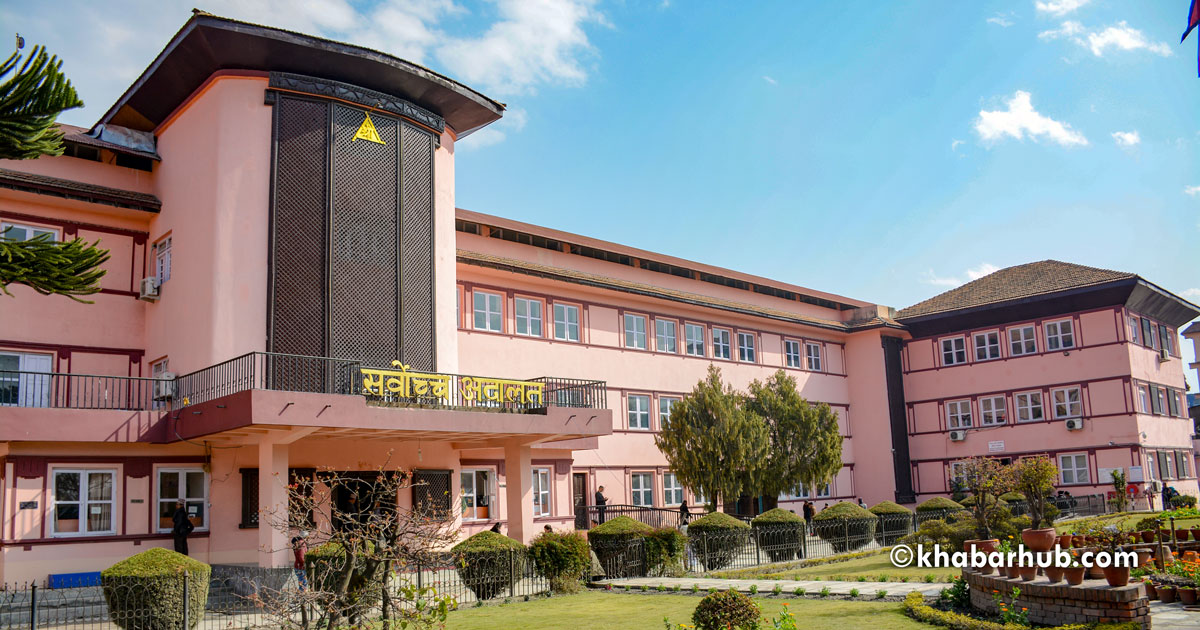0%

Supreme Court of Nepal. (Image for Representation)
KATHMANDU: Four international human rights watch organizations have termed the decision of the Supreme Court to reject a petition by the government asking that it reviews its 2015 ruling against amnesties for grave conflict-era crimes as an important step in securing truth, justice and reparations for the thousands of victims of the country’s decade-long conflict.
Amnesty International, TRIAL International, the International Commission of Jurists (ICJ), and Human Rights Watch stated this in a joint statement issued from London, Geneva, and New York on Friday.
“The armed conflict between Maoist and government forces ended in 2006, but victims of serious abuses by both sides are still awaiting justice, accountability, and reparations.
The four organizations called upon the government to revise the 2014 Transitional Justice Act and ensure its implementation in accordance with the Supreme Court’s judgments, so as to assure access to justice for the victims of conflict-era abuses,” the statement reads.
The four organizations said, “Nepal’s transitional justice law, which was passed by Parliament in April 2014, established a Truth and Reconciliation Commission and a Commission of Investigation on Enforced Disappeared Persons.
However, it contained provisions that could allow for amnesties even for crimes such as torture, including rape and other sexual violence and ill-treatment and enforced disappearance.
On 26 February 2015, the Supreme Court struck down the amnesty provisions and ordered the act to be amended accordingly. However, the government immediately petitioned to overturn the ruling. That petition was rejected by the court on 26 April 2020.
With the Supreme Court’s decision, there can be no further excuse for government backsliding on ensuring truth, justice, reparations, and guarantees of non-recurrence.
The government should immediately amend the Enforced Disappearances Enquiry, Truth and Reconciliation Commission Act, 2014 in line with the Supreme Court’s orders and its own international obligations,” said Biraj Patnaik, South Asia Director at Amnesty International.
The four organizations have noted that the latest ruling the Supreme Court has upheld the principle that there can be no amnesties for those suspected of criminal responsibility for crimes under international law and human rights violations.
More than 13 years since the Comprehensive Peace Agreement of November 2006 promised justice to the victims, no one has been held accountable for any conflict-era crimes.
“When Nepal stood for election to the United Nations Human Rights Council the government promised to uphold its human rights obligations, but 3 years later, as it seeks re-election, there has been nothing but impunity and evasion on transitional justice,” said Meenakshi Ganguly, South Asia director at Human Rights Watch.
“These are crimes under international law, subject to universal jurisdiction, and if justice is denied at home victims may take their cases abroad.”
—